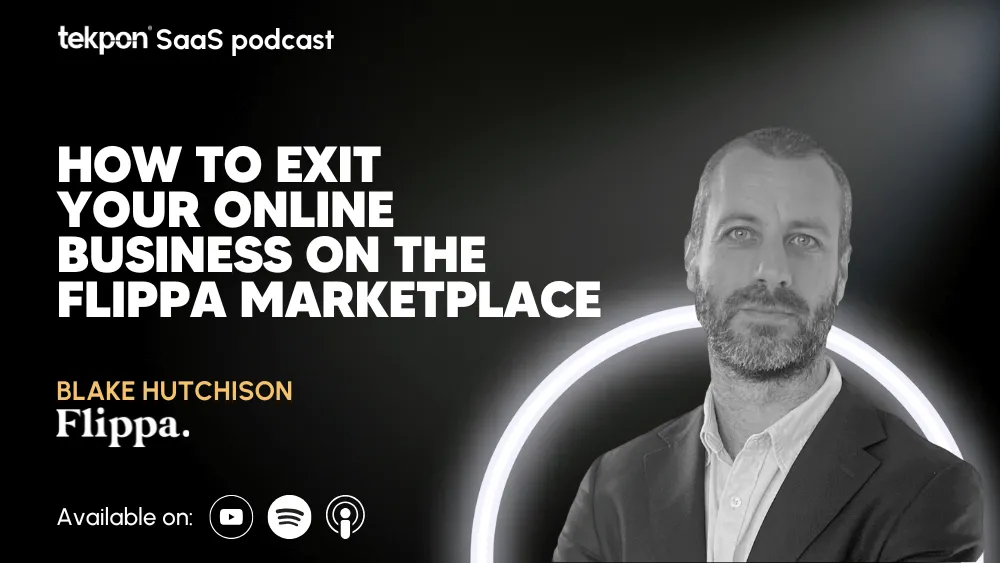How is Anchor helping businesses?
Emre: Our company is Data Anchor, but we call it Anchor as a brand. We are moving away from traditional IT controls. Traditional IT controls are about building castles around your data. And if you look historically, almost all innovations are about making that castle even stronger. It doesn’t work because once people are connected with data, the ownership is passed on, not just the right to access. What we do is we bake protection directly into the data, so data becomes self-protected.
The value of it is once you self-protect data, it can travel. Security travels with the data, and it frees up. Our three value props are transparency, simplicity, and affordability. We make it as zero friction, zero trust, and zero knowledge as possible so that organizations of all sizes can achieve compliance or obtain easy cyber insurance policies with us.
Anchor solutions
We have a multitude of solutions. It depends on what the organization asks for. One possible solution that we have is the internal protection of data. Some organizations want to protect their data, meaning they still want to collaborate. They still want their employees to access their sensitive data without losing control of the data, so without having to trust other people. That’s one dimension.
We ensure that data is controlled even during consumption by third parties and organizations’ employees, which means employees leaving the organization cannot take data without the organization’s consent. That’s one dimension. The second dimension is specifically for larger organizations, one of the bigger problems is that they have numerous partners, right? They work with ten partners, and there is collaboration. They want to lease data, meaning data is your most valued commodity. You want to be able to take advantage of it in various ways, like adding value to both sides.
But at the same time, you want to be able to revoke it – your partnership is over when you want to, right? In short, you want to have control over your data, even though you give full utility of it to the parties you collaborate with, you partner with. The second dimension of our product is sharing. We make sure that organizations can share and collaborate on specifically unstructured data, namely files, without any friction added to the partners’ actions and without ever losing control – meaning, not just being able to lease, but also being able to monitor what, where data is what.
Which businesses need Anchor?
Emre: That’s a blessing and a curse. It’s a blessing because I haven’t talked with any industry that said they don’t need this. Almost across the board, they need it. It’s a curse because you need focus. At some point, you need to focus. Typically our fastest-growing demand is from the industrial base. You know, this includes, for example, manufacturers, energy companies, architecture, and engineering companies. Especially those doing business with the government because of the compliance requirements. When we make the protection data-centric, many controls get much easier.
That’s one focus that we have. But on the other hand, we also have our customers, financial organizations, and healthcare because sensitive data is a big deal. We can easily integrate with those industries, even when organizations use cloud storage or server data management tools. If an organization wants, for example, what we call anchor, we want to make anchor a verb as well as a noun, okay?
When they want to anchor their data to a specific cloud store, for example, we come into the picture and manage to do that as well. To summarize, the fastest-growing industries are architecture, engineering, and construction, especially organizations doing business with the government. Number two, cyber insurance needs. SMBs and corporate-type customers want some control over them at an affordable price.
What are the Anchor pricing plans?
Emre: It is straightforward for small to mid-size businesses and corporate organizations. Like any other SaaS product, we have a per-user, per-month subscription base. But our product, the heart and the brains of our product, is offered as a SaaS platform where we have extensions, like endpoint agents, server agents, mobile applications, and so on.
It’s similar to any other SaaS product. We have a $16 per user per month subscription price for enterprises. The use cases can vary, right? For enterprises, we have custom pricing. We have depending on the value we add. We have value-based pricing rather than the number of users and the number of seats that they use to access the data.
How competitive is this space?
Emre: I don’t want to name competitors directly in the podcast, but we have a few competitors. One of our abilities is being able to control even after the fact, meaning, suppose at some point you have access to data, you don’t even know that there’s anything between you and the data. But once you break the rules made by the organization, just as an example, this file cannot get out of United States boundaries. Or you may even say that these files are very sensitive.
You can access only when connected to the studio’s Wi-Fi unit and the IP range. We can do that once that rule is broken. We can revoke access after the fact so your file and your interaction with those sensitive files turn into cipher text, which is unreadable. That ability, especially in our case, we can have that ability for all kinds of applications, like office documents and CAD applications. Your custom applications. We are kind of application agnostic & we can integrate it into any sophisticated application you can have and have that kind of control, universal control.
We have a few competitors
There are only three or four competitors who can also do that. But, we have significant differentiators in terms of simplicity, in terms of, you know, the ability to add controls in a completely transparent way. Furthermore, we have one patent assigned, the heartbeat technology assigned, and another one pending. We also have IP protections around our controls, specifically adding any control. Continually authorized access to files is kind of unique to us.
And another thing that I should mention here before that sharing. Not just protection share. You can extend the controls to a situation where the third parties need not set up an agent, which is free. Sharing and retaining controls is the other major differentiator that we have. Another interesting note is that it’s a very volatile market. I mean, almost. Larger organizations have acquired 80-85% of our competitors. Now they’re being offered as a part of larger platforms by big security companies. We are the only one, I would say, in this area, in this Blue Ocean area doing innovation without being tied to any other.
What’s your vision with Anchor?
Emre: We want to be the front runners and the leaders in data control. I’m also coming from an academic background. I was a professor working on data throughout my career. It can be data communication and data protection all across the board. If you look at history, it all started with Claude Shannon and his famous paper in 1948, A Mathematical Theory of Communication. He laid the foundation for digital communication. Even taking a step back, he proved that all information is digital.
Digital communication and processing files efficiently on computers started with him. Took next, once the computer power exceeded a specific threshold, his vision was fully realized. And we have built networks. We have built the internet, right? This is the 90s. After that, we said – okay, let’s index because now there’s a lot of information; let’s index so that anybody looking for specific data can quickly breach it. The early 2000s were about indexing and ensuring we could access information as accurately as we wanted in a short amount of time.
Data has become abundant
Now that we have indexing and easy access, data has become abundant, and we started using data in our businesses and other tools such as artificial intelligence and machine learning. Why? Because data is abundant, and those tasks are data intensive. Now that you can access data, you can get high utility in algorithms such as machine learning and artificial intelligence.
But now, we have a problem. It’s so abundant that we lost control of it. I mean, especially if you’re doing business with data, God knows where our data is and who has access. It’s everywhere. I mean, to the extent that with the recent attacks, it’s safe to assume that the data that you think belongs to your organization is a commodity. It’s not yours anymore. It’s everybody’s.
Now, as I see it, this decade, the 2020s, will be about getting back control of our data. It was very different 30 years ago. Why? Because we carried our data physically with us on a floppy disk. We have to put it back in a smarter, completely soft way. You still want to be able to have data with the same utility but without losing control of it. Back to your question, my vision is to be the leader in data control. We have to have data control. That’s the next decade, and I want to ensure that Anchor is one of the leaders in that area.
What’s your favorite software?
Emre: Mira is something that we use quite a bit. It’s a SaaS adding efficiency to businesses. We also use Notion as well as Slack, but all these tools that I’m giving are right now are SaaS offerings. My favorite software, historically, is Matlab. I love Matlab. Anytime I have anything quantitative, I directly jump on Matlab.
Connect with Emre
Anchor: anchormydata.com
LinkedIn: linkedin.com/in/c-emre-koksal







